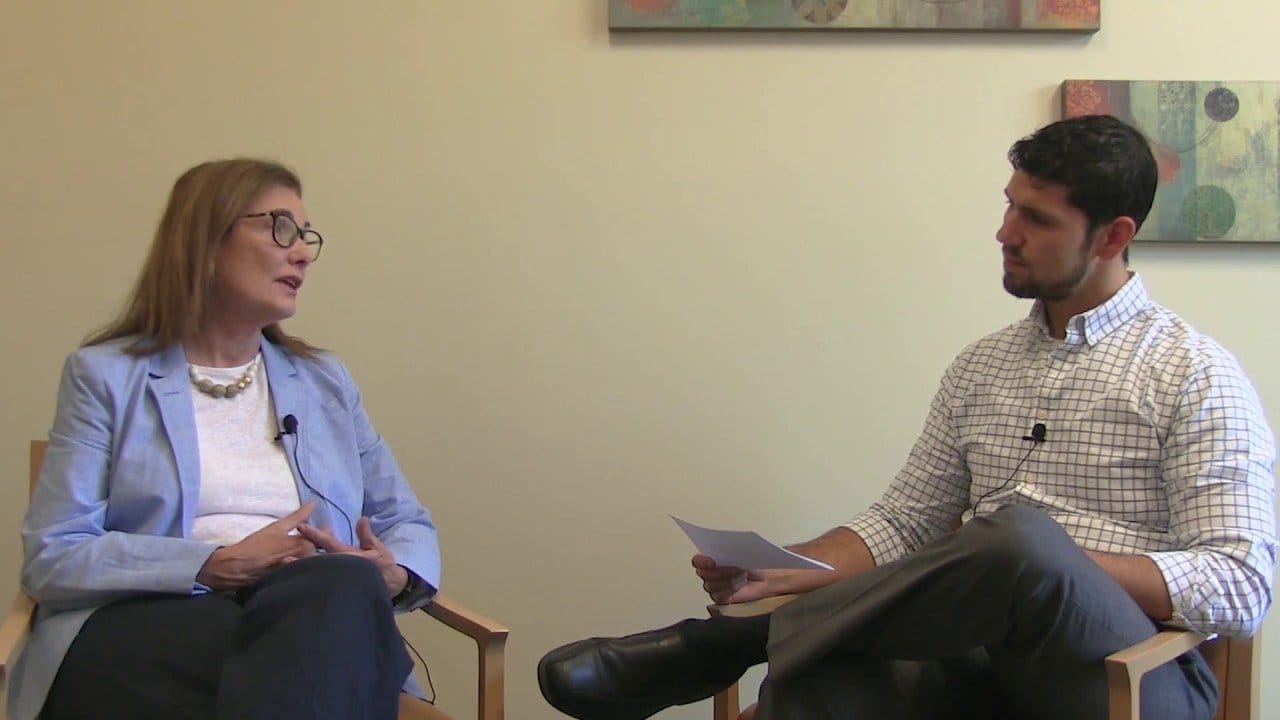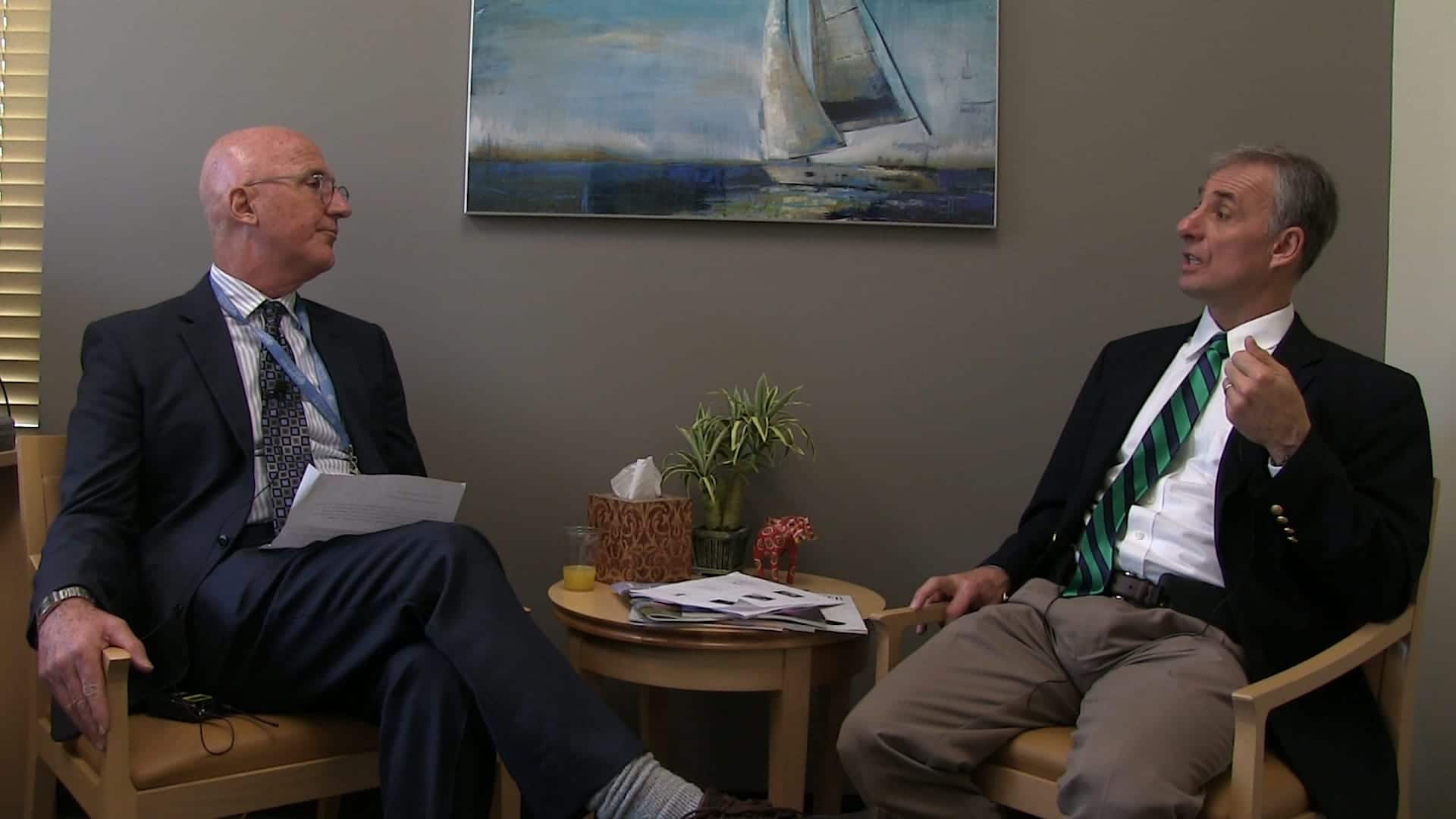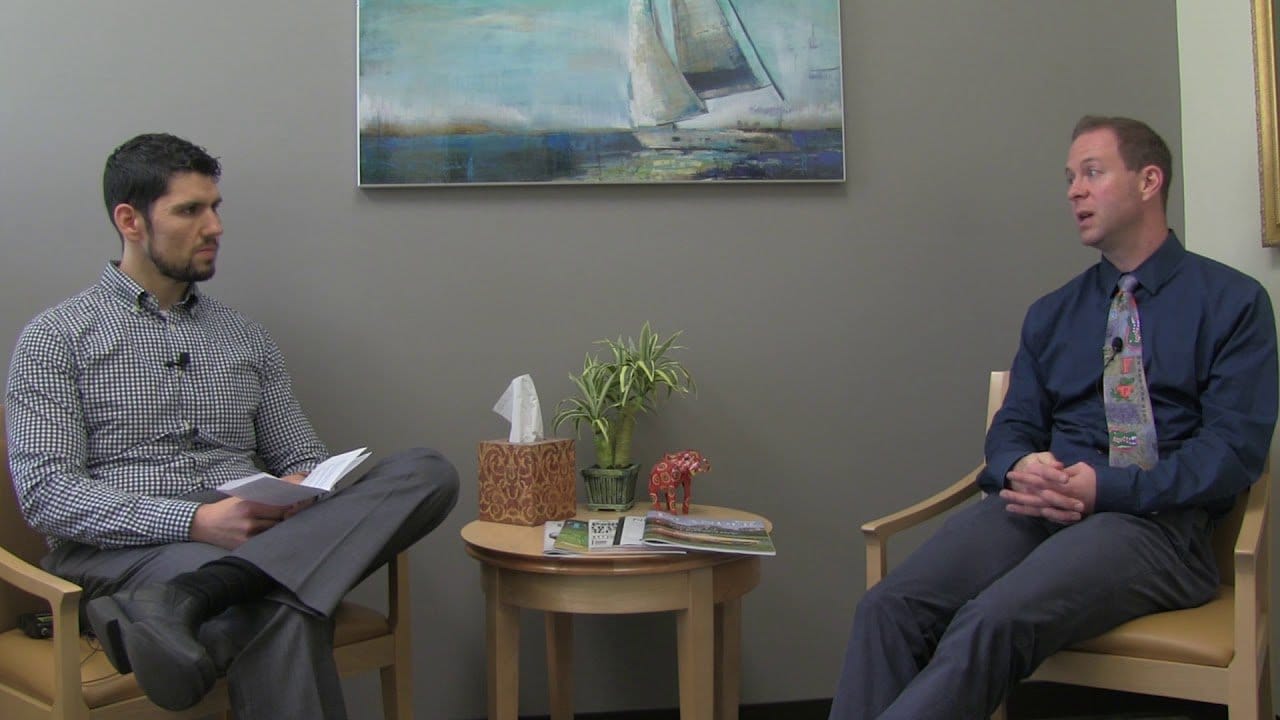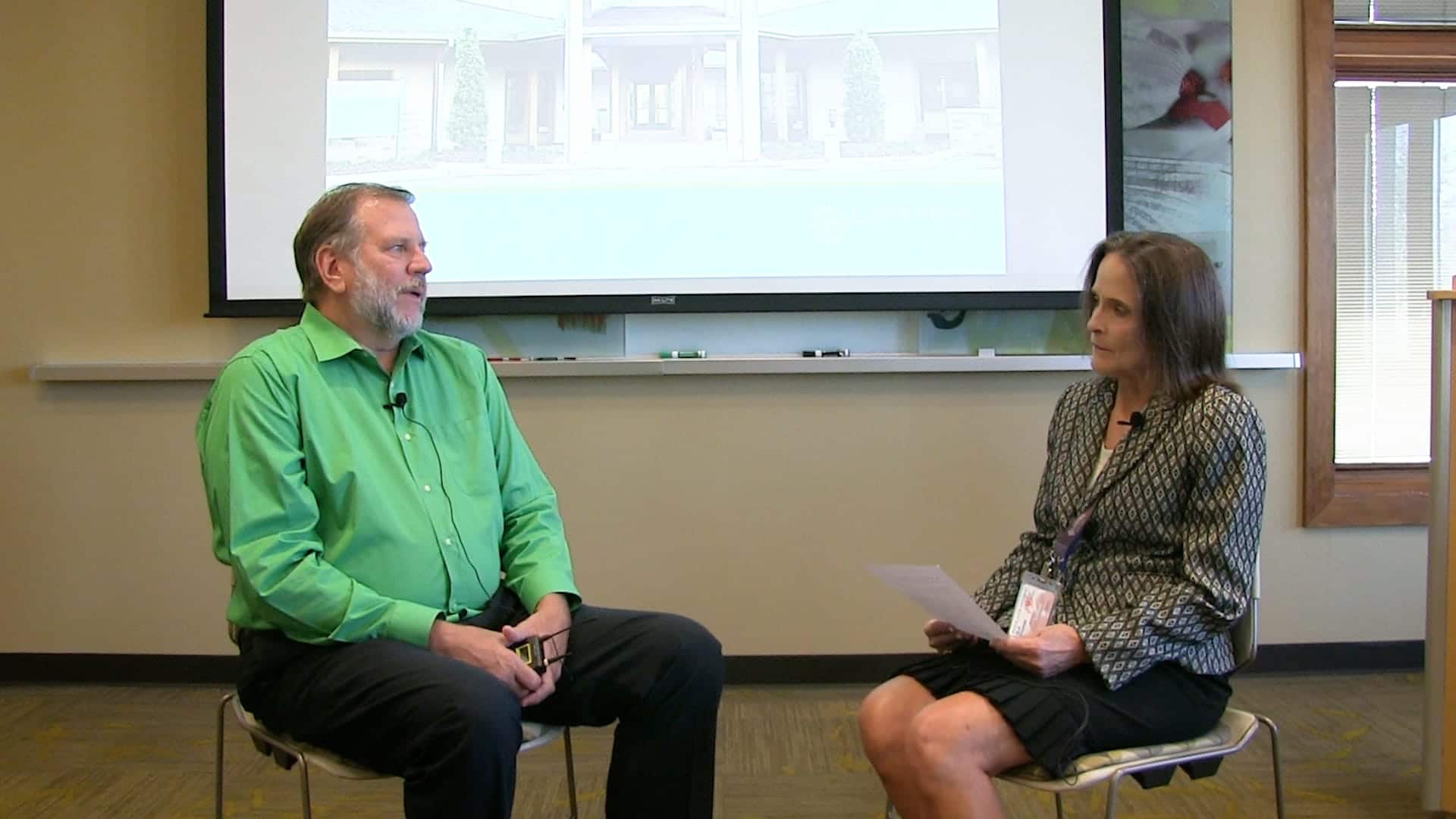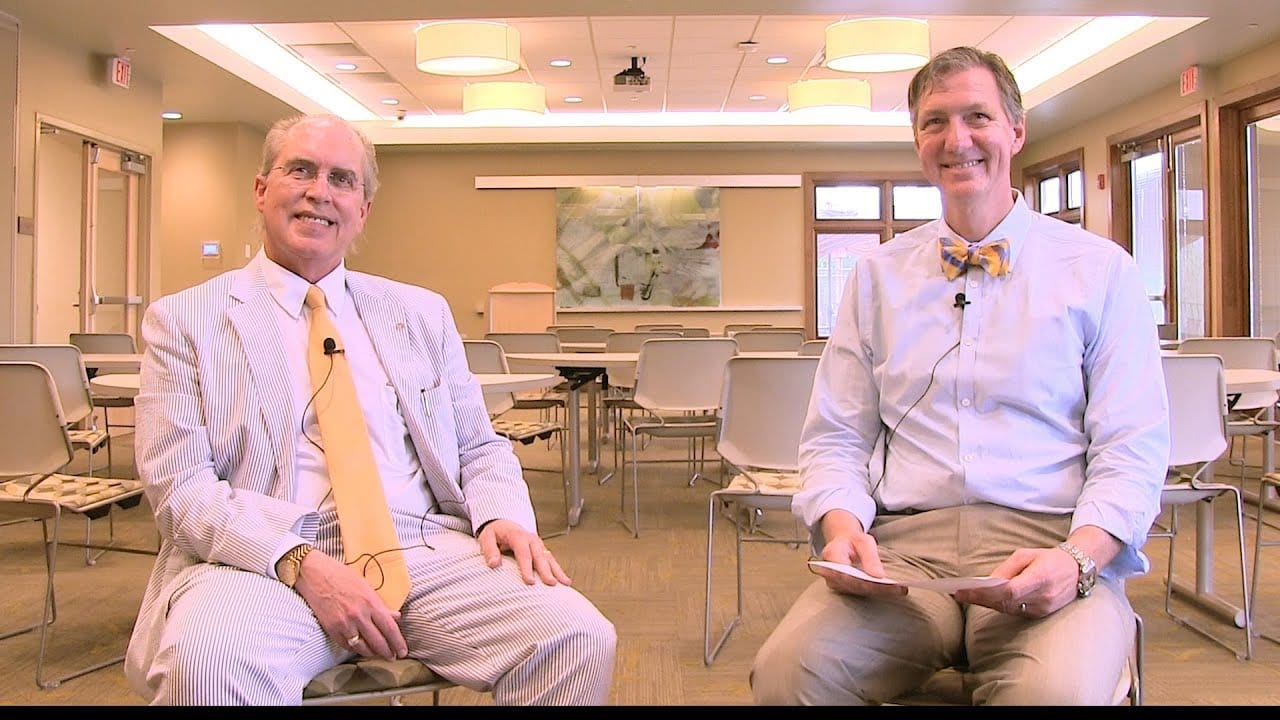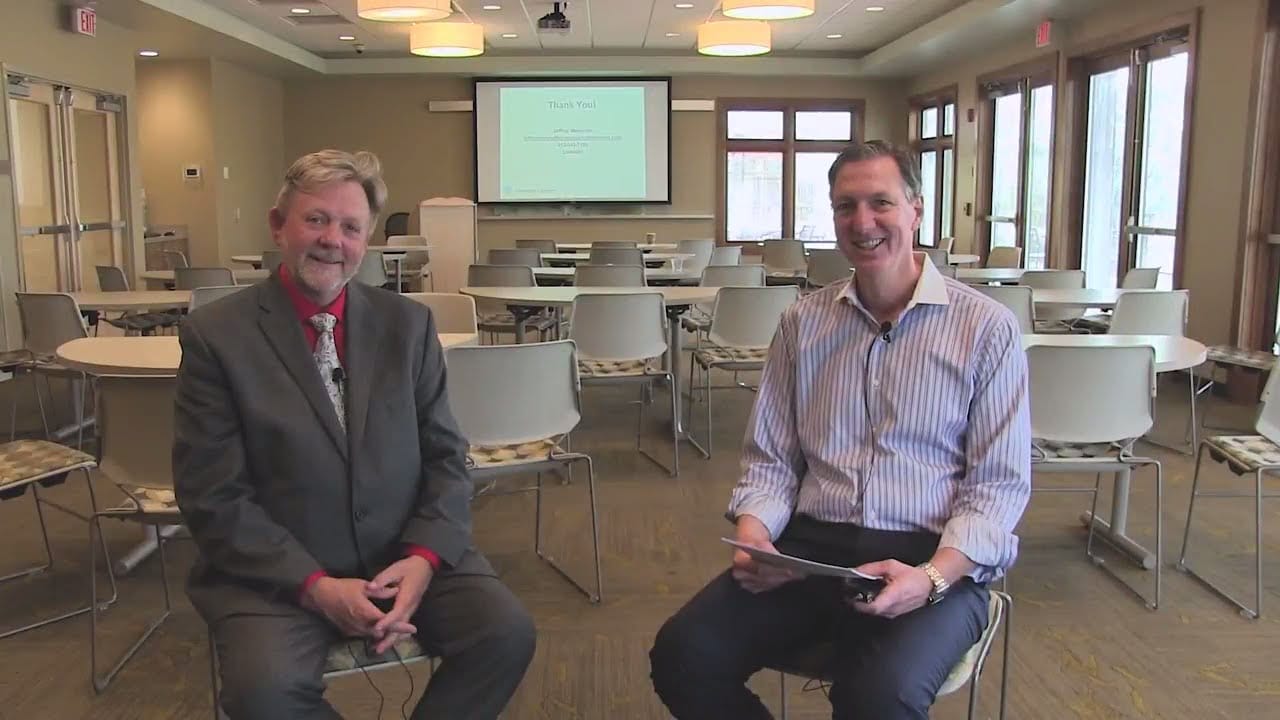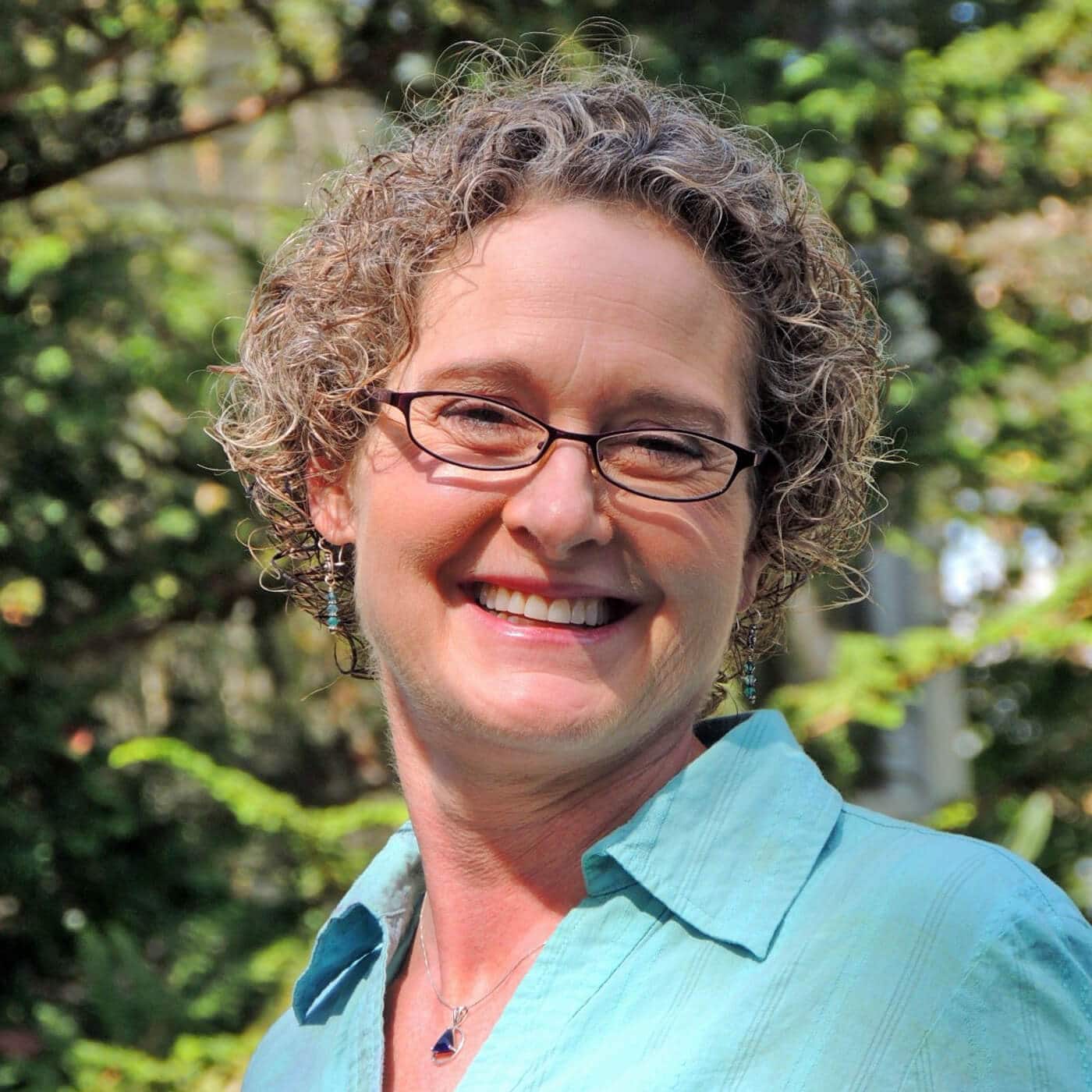

By: Lakeview Health
In this podcast, Dr. Melissa Lee Warner, the chief medical officer of Lakeview Health, describes her view of addiction medicine and how the clinical team at Lakeview approaches treatment. She also discusses other aspects of treatment, including pain management, mood disorders and sleep disturbances.
Podcast Transcript
Gina: Hello everyone. This is Gina Thorne. I’m with Lakeview Health and thank you for joining us at our Lakeview podcast series. I’m joined today with Dr. Melissa Lee Warner, chief medical officer for Lakeview Health. We’re excited today to hear more about Dr. Warner’s position on addiction medicine and her role that she will be playing here at Lakeview. Gina: Welcome, Dr. Warner Dr. Warner: Thanks for having me. Gina: We are going to get started in asking if you can tell us a little bit about yourself and how you got in the field of addiction medicine. Dr. Warner: Ah, well I am an addiction medicine specialist. And at the end of my family practice residency, I was referred to a center to do a rotation on addiction medicine, and it was quite interesting and at that time I discovered that this was a branch of medicine that they had a fellowship and they invited me to participate in that fellowship. So that was the beginning of my career in addiction medicine. Gina: And you lived in a couple of different places doing that as well, haven’t you? You started out in Georgia first? Dr. Warner: Right, so I have practiced addiction medicine in residential treatment centers in Georgia and Virginia. I have practiced addiction medicine in inpatient hospital units in New Jersey. It’s been wonderful. Gina: Great. Well we are really excited to have you here in Florida with us. Could you describe to us a little bit about your approach in treating individuals with substance use disorders? Dr. Warner: Well, part of it, I would say part of what is really important is almost less the medical department, although there are critically important things we do, but the clinical staff. Addiction treatment best happens in the small group setting. Not one on one individual therapy. You know, it’s not particularly a medical model the way we are familiar with it where a physician would prescribe. A lot of it has to do with a top-notch clinical team and integrating with the medical and nursing departments. Gina: And so the medical role is really sort of a multifaceted role with the clinical staff, as well as the nursing staff, so a lot of people who would listen to this would assume that a patient coming in for treatment at Lakeview would need to see a doctor every day. What would your response be to that kind of a question? Dr. Warner: Well, depending on where and how they progress through treatment, in fact many of the patients are seeing a physician every day. So, the sort of things we do in a practice of addiction medicine would include medicating withdrawal. For folks who might need that, that would be from things like alcohol, or sedatives or opiates. But the other kinds of things we are also working on that may or may not include medications would be mood disorders, or mood symptoms; depression; anxiety; sleep disturbance and then probably another major category of things that we are looking to affect and help patients with might be in the pain management category. Those are things that are somewhat of the medical model, although again a lot of other aspects of treatment come from the clinical and the nursing staff for those very same issues. How to manage anxiety, how to manage sleep disturbance; a multitude of ways to increase pain management that don’t necessarily come from a prescription pad. Gina: Very much a multidisciplinary approach. Dr. Warner: Right. Gina: That’s great. Well you worked for many years in treating individuals who suffer from long-term chronic pain and addiction. Describe for us the traditional treatment options used and that you’ve used to help support this type of person in managing their long-term chronic pain without intoxicants. What would that look like? Dr. Warner: Well, for many patients and this came as a surprise when I first learned this, once an addictive disorder has developed in someone that has a chronic pain syndrome of any kind and it doesn’t matter whether the chronic pain is back pain, abdominal pain and migraine headaches. The type of pain syndrome doesn’t seem to matter, but once addiction develops along with the pain syndrome, pain management is usually very limited of any success at all. So there is a large piece that simply getting someone clean and sober and abstinent and in recovery, with all of the benefits they get from that, that will immediately begin in a short period of time to increase the quality of their pain management. For those folks who need more than that there is sort of an endless list of things. There are a multitude of medications that could be helpful. Some of the most important things to treat when you have chronic pain include some of the things we mentioned a minute ago. Sleep is incredibly important, treating any sort of mood situations, depression or anxiety–those are priorities. And again, a variety of ways to treat that medication and without medication as well as other things that then may be specialized towards the nature of the painful condition, physical therapy and other sorts of physiologic approaches and some non-specific things–meditation, mindfulness, acupuncture, etc. So, it’s a long, long, list and there are sort of several things that tend to be at the top of the list, but it becomes individualized to the patient as well. Gina: And you have seen some success, obviously with using this type of modality. Dr. Warner: Some success wouldn’t describe it. It’s remarkable. There are times that… I’m talking about patient with severe and significant pathology who have no hope whatsoever, who have gotten to a point where they realize that whatever drugs or alcohol are no longer helping the situation, but they essentially have no help that they would get any significant relief of the pain once they are in recovery and we are always able to be successful, particularly, you know, if the patient is willing. Gina: And obviously being located here in Jacksonville, surrounded by a plethora of resources through some of the local hospital systems, I’m sure that will also contribute to the development to this kind of pain program that we hope to evolve over time here at Lakeview, which is very exciting. So you come with a depth of experience in addiction medicine and you also spend some substantial amount of time around medical leadership, how do you see that these two assets or strengths that you bring to Lakeview are going to help grow the future of Lakeview, particularly around the medical department? Dr. Warner: Well, I can tell in the very short time that I’ve been here that there is already a quality staff here in the medical, as well as in the other, departments and a staff that is bright, compassionate and committed to growth and improvement. We are using a servant leadership model here, which is enabling the staff to grow through mentoring and other kinds of leadership and education. So many of them are already good practitioners. Others I will be helping with experience that I have. Systems will be improving among the departments because that is always what results in best patient care and they know things and have things to teach me, as well. Our medical staff includes addiction medical specialist, psychiatrists, and primary care folks, both at a physician and non-physician practitioner level so we have physicians and nurse practitioner as well. They’re just a wonderful staff, I can tell. Gina: Very well rounded. It’s important for the medical team to be engaged with professional referrals and family while the patient is in treatment and it’s not always a common occurrence, but we feel very strongly here at Lakeview that that’s a necessary part of good patient care. How do you see that communication taking place between our medical staff and our professional referrals and is there a role for that to occur here? Dr. Warner: Absolutely, generally the clinical staffs are the folks who are most in touch with, and appropriately so, with the families and referral sources, the folks who know both know what symptoms have been present , know what factors can affect recovery and relapse and help us help the patient. However, just this weekend we had a situation where I ended up feeling that the best course of action was to speak directly with the referring therapist and where another one of our top physicians here with a lot of experience ended up thinking that the best way to approach the direction things were taking was to speak directly with the spouse. Adding that in this particular case seemed to make quite a bit of difference. Gina: So, capturing the information on both sides to the referral source and the family obviously helped clear up any kind of misunderstandings that can come up and help them understand the direction that we at Lakeview are going with, with good patient care and that’s part of the transparency piece that I think Lakeview is moving toward is giving people a place to come and feel that they can be included in their patient’s care and their recovery. Dr. Warner: As chief medical officer, certainly from a referral standpoint, I could be available, you know when, people who are referring patients here really feel like they need a medical professional to speak with. It would seem to me that I’m the appropriate person in that role. Gina: That seems to make sense. So you recently relocated from Virginia to Florida to spearhead this medical leadership team here at Lakeview. Why Lakeview and why now? Dr. Warner: Well, now that I’m here what I can see is that this is, I don’t know, perhaps a gem in the rough that is already being polished and tends to in some ways truly be a shining star, and so to be part of that in any way that my experience, strength and hope can catalyze that, very exciting and in a short period of time I’m already kind of becoming pretty attached to Jacksonville. Gina: That’s great. Well we’re really excited to have you on board and we look forward to seeing and watching all of the great work that you are going to be offering here at Lakeview. Thank you for taking the time to talk with us today and we look forward to hearing more from you. Dr. Warner: Thank you, Gina.
